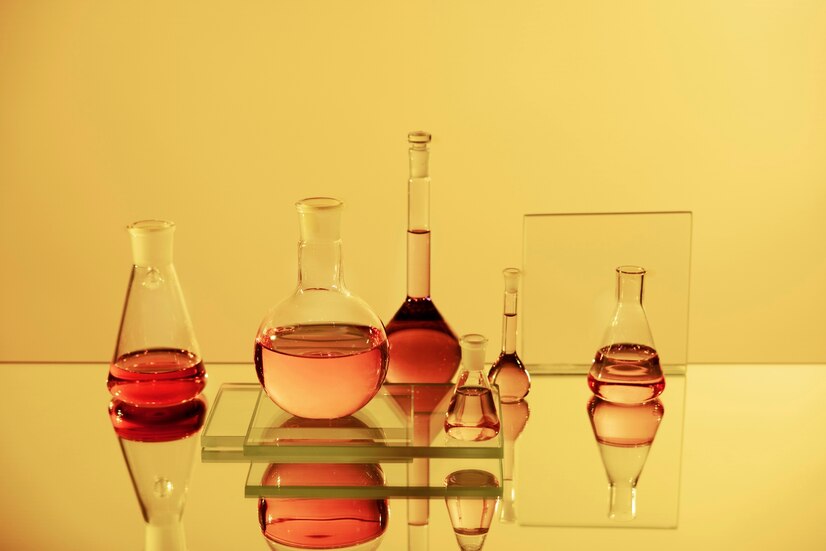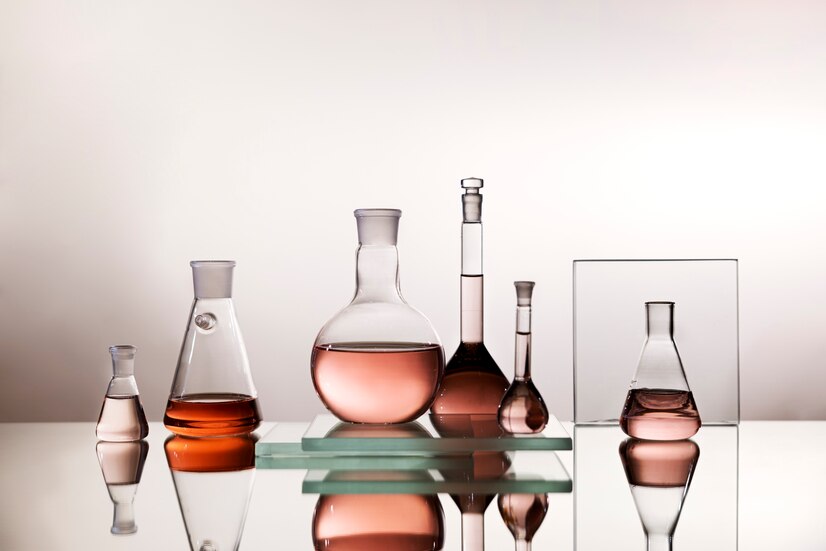Every laboratory, from bustling research facilities to modest classrooms, relies on a foundation of essential equipment. Among these, laboratory glassware stands out as a cornerstone for countless experiments and procedures. Choosing the right glassware is a simple task. Still, with a diverse range of options available, it’s crucial to consider several factors to ensure optimal functionality, safety, and accurate results.

The very foundation of your selection hinges on the type of glass your chosen equipment is made from. Here’s a breakdown of the two most common options:
Once you’ve settled on borosilicate glass as your primary material, it’s important to consider the specific chemicals you’ll be working with. While borosilicate glass offers excellent chemical resistance overall, it’s always recommended to consult safety data sheets (SDS) for the chemicals you’ll be handling. This ensures compatibility and minimizes the risk of unexpected reactions within the glassware.
Selecting the appropriate size and graduation for your glassware depends on the volume of liquids you typically handle in your experiments.
Laboratory safety is paramount, and proper handling of glassware plays a vital role. Here are some key safety tips to remember:
India’s leading lab equipment supplier offers a comprehensive selection of high-quality laboratory glassware to meet your research needs. Our extensive range caters to various applications, ensuring you have the perfect tools for accurate and efficient experimentation.
Unmatched Versatility and Durability:
